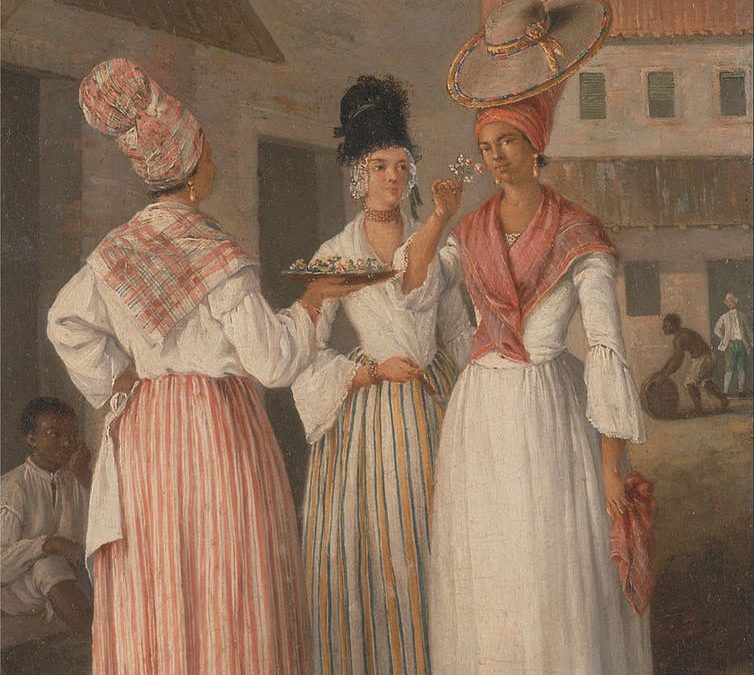There is so much to love about the writing of Charlotte Brontë, and her novel Jane Eyre (1847) is of course, marvelous. How true her words near the outset:
Conventionality is not morality. Self-righteousness is not religion. To attack the first is not to assail the last. To pluck the mask from the face of the Pharisee is not to lift an impious hand to the Cross of Thorns … appearance should not be mistaken for truth; narrow human doctrines, that only tend to elate and magnify a few, should not be substituted for the world-redeeming creed of Christ.
She lays bare the shriveled up doctrines of the puritanical Calvinists (is there a place more horrid for a child than Lowood School?) as well as rejecting two confused notions about marriage (Rochester: if your first spouse is a maniac, then move on; and St John: marriage is a convenient vehicle for evangelising distant lands). As much as we want Jane and Rochester to marry, it isn’t possible under the circumstances; and as tempting as it may be to think marriage with St John would work, it would be a tragedy unless it morphed into something of substance.
That said [whew!] who knew there was a novel about the first Mrs Rochester?
Author Jean Rhys, a white Creole, took umbrage with Brontë’s stereotypical depiction of Bertha. She was “vexed” by Brontë’s “portrait of the ‘paper tiger’ lunatic, the all wrong creole scenes, and above all by the real cruelty of Mr Rochester”. In writing what she initially thought of as the story of the first Mrs Rochester, published in 1966 as Wide Sargasso Sea, Rhys insists that her character Antoinette Cosway Mason Rochester “must be at least plausible with a past” and that she needs to establish: “the reason why Rochester treats her so abominably and feels justified, the reason why he thinks she is mad and why of course she goes mad, even the reason why she tries to set everything on fire, and eventually succeeds.”
I think it’s only fair to investigate the background of Bertha Rochester, and to consider what the real cost of clashing civilisations has on both sides.
Told in three voices — those of white Creole, Antoinette Cosway Mason Rochester, the young Englishman she marries, who implicitly reveals his own name to be Edward Fairfax Rochester when he renames her Bertha, and Grace Poole, Bertha’s keeper at Thornfield Hall — Wide Sargasso Sea is a prequel to Jane Eyre. Rhys’s choice of historical setting enables her to draw on and try to work her way through planter class and Lockhart family mythology about the economic and social impact of the abolition of slavery.
Understanding that one may encounter the grinding of axes and the disparagement of graces that always came when missionaries landed, despite the accompanying sparks of misunderstanding, this very much looks worth the effort. I’ll let you know.

Recent Comments